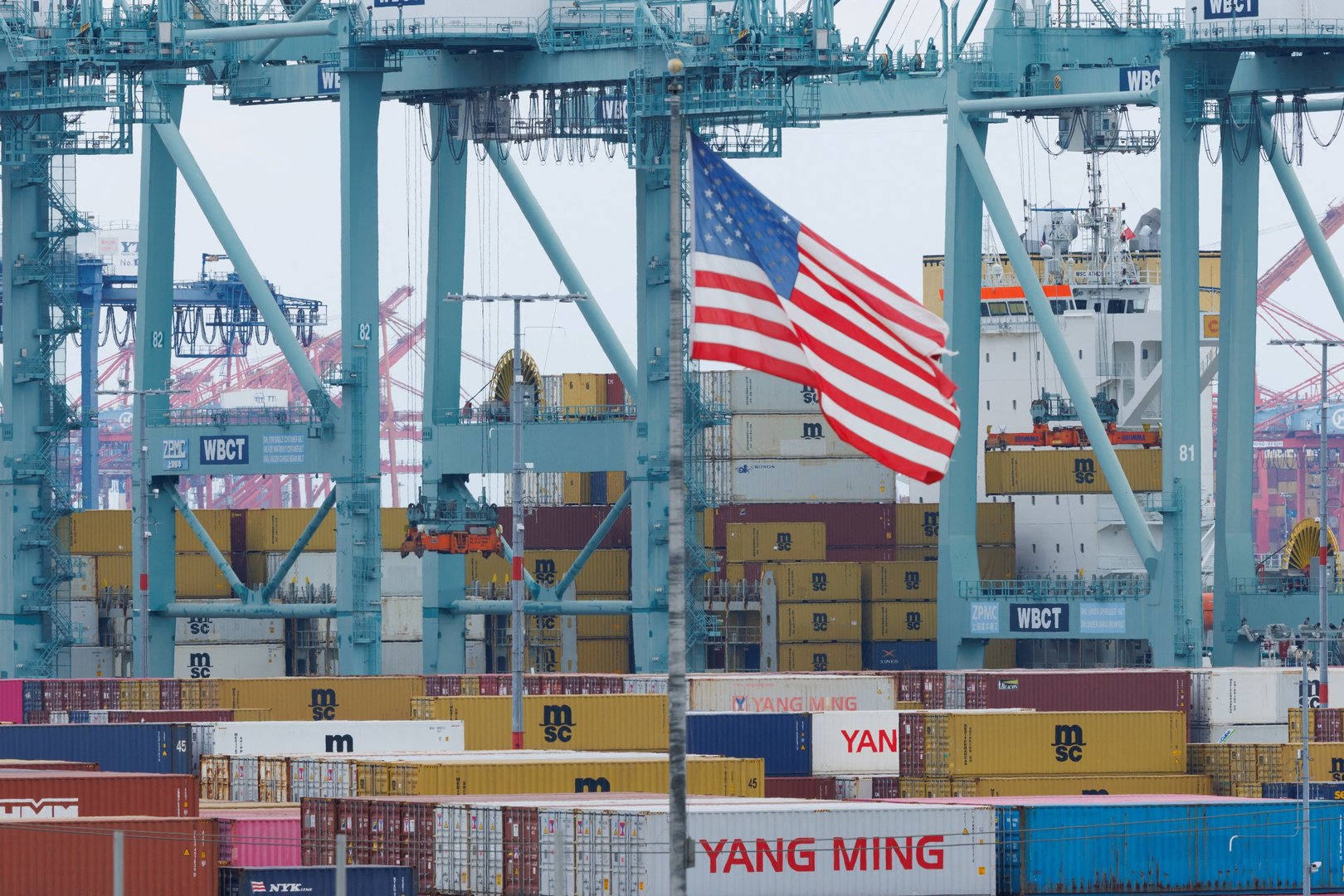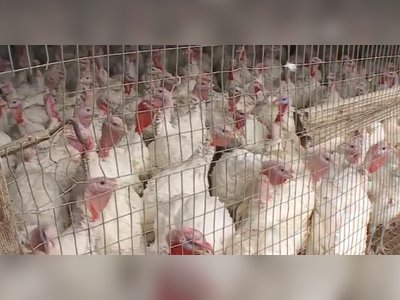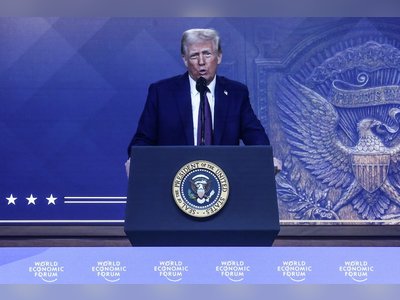
Trump Administration Readies Broad Tariff Exemptions to Lower Food Prices
White House preparing to carve out specific agricultural imports from sweeping tariffs to ease consumer costs
The Trump administration is preparing to implement broad exemptions to certain tariffs in an effort to reduce elevated food prices, according to people familiar with the matter.
These exemptions would apply to reciprocal tariffs announced in April 2025 by President Donald Trump and would affect imports from countries without full trade agreements with the United States.
Treasury Secretary Scott Bessent recently signaled that the White House will unveil a substantial agricultural-tariff relief package focusing on items the United States does not produce domestically, such as coffee, bananas and other tropical fruits.
The move comes amid U.S. grocery inflation: coffee prices have surged nearly nineteen percent and beef prices about fourteen percent year-on-year.
Under the framework, imports of certain foods will be exempted even as the baseline tariffs remain in place for other goods.
The approach builds on earlier trade deals announced with Argentina, Ecuador, Guatemala and El Salvador, where selective tariff relief on items like coffee and bananas was combined with expanded market access for U.S. companies.
Industry groups, including major food and beverage manufacturers, have long argued that blanket tariffs on ingredients such as coffee and cocoa—impossible to grown at scale in the U.S.—risk passing additional costs to consumers and businesses.
The new exemptions aim to align with the administration’s “America First” trade agenda while easing inflationary pressure on households.
While the details of the exemption list and timing remain under wraps, the logic signals a recalibration of the tariff strategy: retaining the broader “reciprocal” tariff framework while carving out targeted relief for products where domestic production is limited and consumer burden is acute.
The White House and the Office of the U.S. Trade Representative have not publicly confirmed the full scope of the plan, but sources say implementation could begin soon.
The policy shift reflects the administration’s dual objectives: supporting U.S. manufacturing and trade-deficit reduction, while responding to rising grocery bills ahead of key political cycles.
The move may also position the U.S. to negotiate further trade frameworks with additional partners on more favourable terms.
These exemptions would apply to reciprocal tariffs announced in April 2025 by President Donald Trump and would affect imports from countries without full trade agreements with the United States.
Treasury Secretary Scott Bessent recently signaled that the White House will unveil a substantial agricultural-tariff relief package focusing on items the United States does not produce domestically, such as coffee, bananas and other tropical fruits.
The move comes amid U.S. grocery inflation: coffee prices have surged nearly nineteen percent and beef prices about fourteen percent year-on-year.
Under the framework, imports of certain foods will be exempted even as the baseline tariffs remain in place for other goods.
The approach builds on earlier trade deals announced with Argentina, Ecuador, Guatemala and El Salvador, where selective tariff relief on items like coffee and bananas was combined with expanded market access for U.S. companies.
Industry groups, including major food and beverage manufacturers, have long argued that blanket tariffs on ingredients such as coffee and cocoa—impossible to grown at scale in the U.S.—risk passing additional costs to consumers and businesses.
The new exemptions aim to align with the administration’s “America First” trade agenda while easing inflationary pressure on households.
While the details of the exemption list and timing remain under wraps, the logic signals a recalibration of the tariff strategy: retaining the broader “reciprocal” tariff framework while carving out targeted relief for products where domestic production is limited and consumer burden is acute.
The White House and the Office of the U.S. Trade Representative have not publicly confirmed the full scope of the plan, but sources say implementation could begin soon.
The policy shift reflects the administration’s dual objectives: supporting U.S. manufacturing and trade-deficit reduction, while responding to rising grocery bills ahead of key political cycles.
The move may also position the U.S. to negotiate further trade frameworks with additional partners on more favourable terms.











